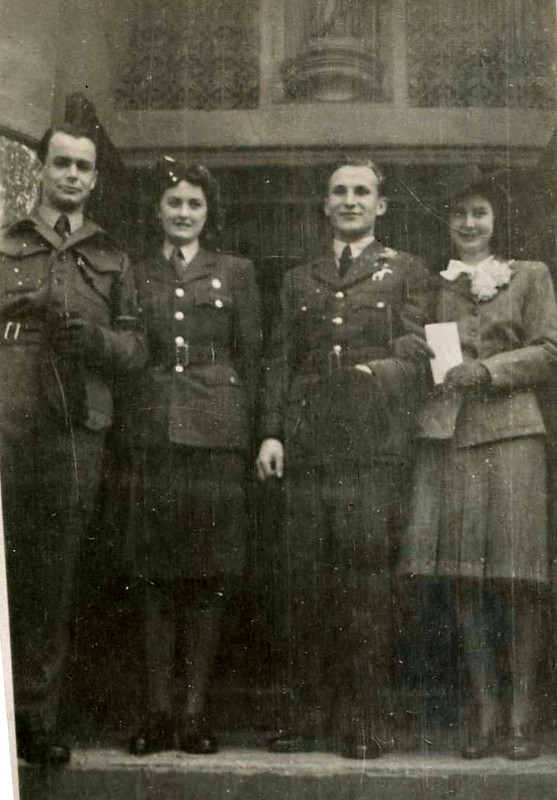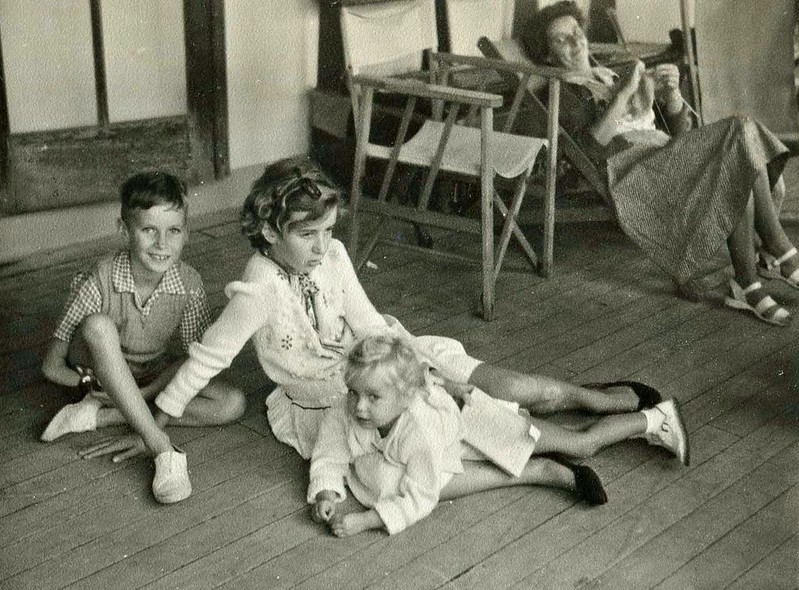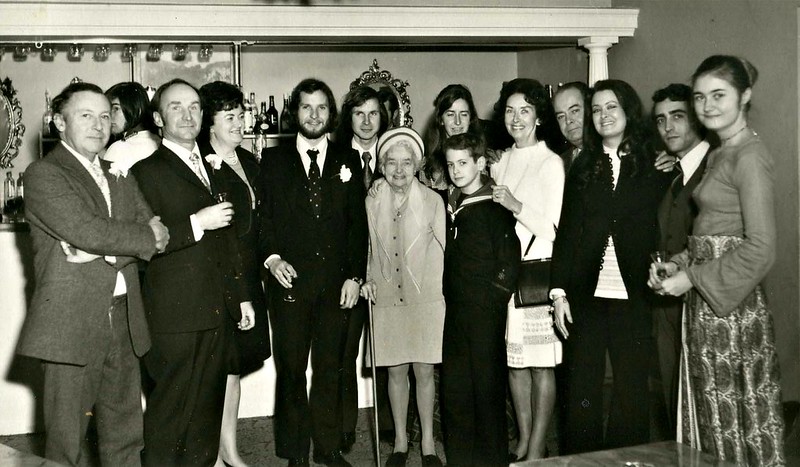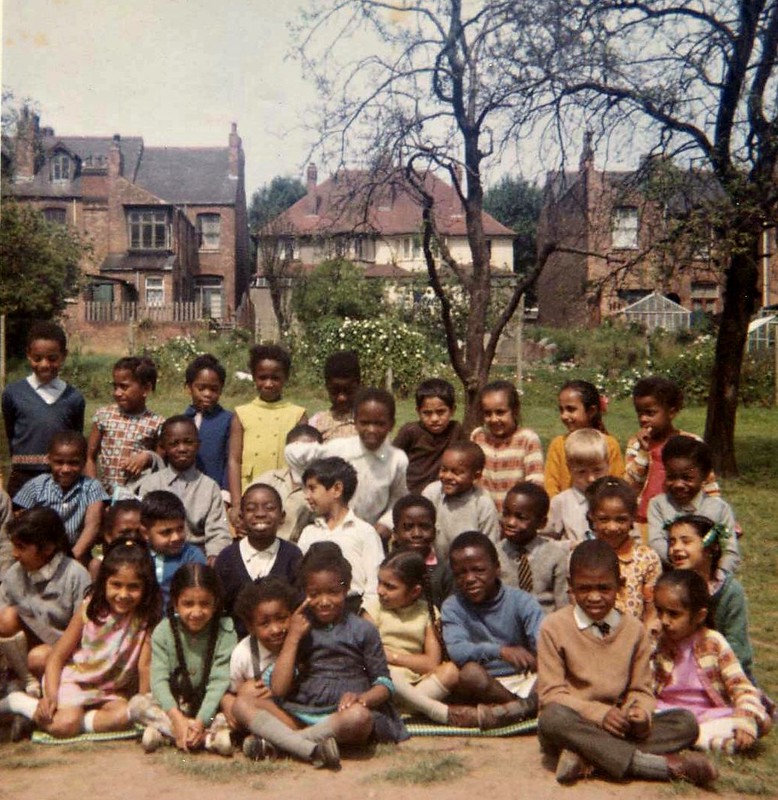If you are undecided whether you should pass your mother tongue onto your child or not, read this story.
Lets take a look at the way international families life was back in the last century.
Back then, parents had many obstacles in preserving and passing their mother tongue onto their children.
I can only say: Today we are very lucky! We have so much support coming from all around us! Let's make sure that our children can speak at least two languages because, as Danuta Rosevear says, "... knowing a language well also means understanding other people’s desires, needs and worries..."
There are some wonderful tales of multilingual lives on this website; my story though is very much minus the second language element!
However, as you can see from my website "Singing Games for Children", coming from an international family with several, mostly European strands, has left me with an enduring interest for other languages and that is one of the reasons for deciding to translate many delightful songs into English from French, Polish, Spanish, Catalan and Dutch albeit with the help from my global friends and relatives.
 |
| Danuta's Polish grandfather, father, Russian grandmother 1935 |
 |
| Sisters and Polish and Italian husbands |
My cousins who had an Italian father had the same experience as me and spoke only English at home. One of these in her early 20s moved to Italy and married an Italian. Her children spoke only Italian at home; she is now nearing her 70s and is no longer confident speaking and especially writing English! My French cousins who were raised mostly in France did become bilingual however. One who now lives in Australia rarely now has the opportunity to speak French.
 | |||||
| Returning from Malaya on a troopship SS Empire Orwell 1956 |
 |
| Four nationalities reunited for Danuta's wedding celebration in 1972 |
It would have been wonderful to have been raised in a home where more than one language was spoken but people were much more nationalistic in their thinking in the post war years and unable to appreciate how knowing a language well also means understanding other people’s desires, needs and worries and perhaps leading to less of the historical turmoil I’ve written about above. Understanding of other languages can be a route for bringing people together rather than pushing them apart.
 |
| Class Danuta taught in Handsworth, Birmingham |
in the 1960s - my class had two thirds of the pupils from the West Indies, mostly second generation Jamaicans. The other third were from the Punjab and their mothers spoke very little English and were often housebound as a result. Their children often became excellent translators. I later came across children from many other countries during my teaching years and enjoyed finding musical and other ways to support their language and cultural needs.
During my years as a teacher I taught mainly 4-7 year olds; young children are much more comfortable than adults singing in an unfamiliar language even if they do not always understanding the meaning. So many songs and rhymes have nonsense words in them, just think of the pleasure these words give even us older souls when these words rhyme and have rhythm. Young children greet foreign and unknown words with the same interest and alertness! I remember stopping my older child as a three year old from persisting in "naughtiness" with words that he had not heard before – it worked a treat.
Awareness of other lives, cultures and languages gave me a delight in the singing traditions of other countries - hence the website and You Tube channel once I retired. You can find many songs and singing games in their original language and in translation on my website at: Singing Games for Children. I also have a YouTube channel , where I sing non-English songs mostly in translation. I sing the French ones in their original language though I have to rely on my rusty 0 level French to do so. How I’d love to be able to sing the Polish ones in their original language!
Danuta Rosevear: Born 1946
----
Please contact me, if you are interested to participate in the Life Story series and write about your experience as a bilingual or multilingual child and/or a parent.
You might also like reading:
"No English!" Motivation is the key.
7 facts that can determine the language spoken between multilingual siblings.
Life Story: Trilingual mama - trilingual kid. Why would it be any other way?
Raising Bilingual / Multilingual child. Where to start?

No comments:
Post a Comment